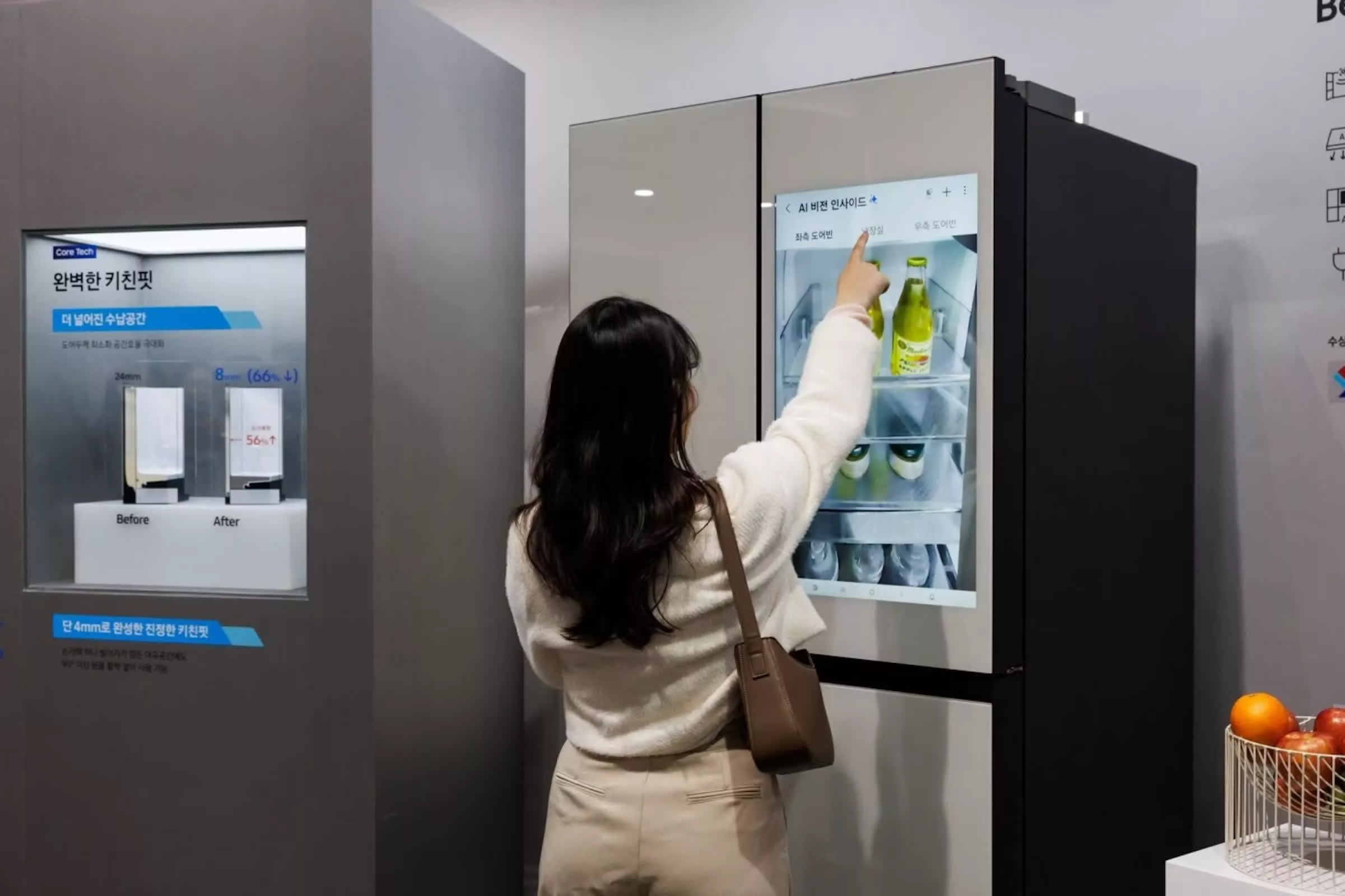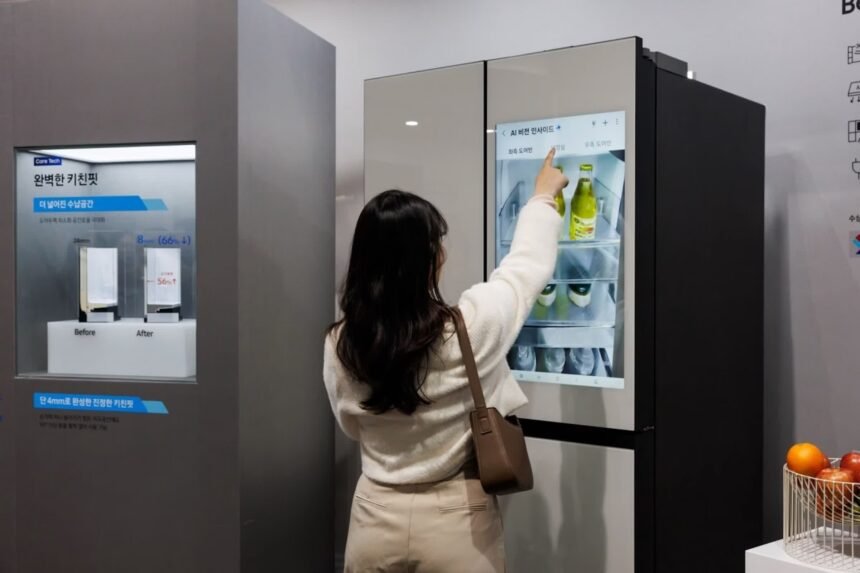Chopping corners: Because the panorama for AI-powered merchandise evolves, corporations face rising calls for to ship not simply innovation, however clearly supported and actually communicated claims about what their know-how can really do. “Once you market AI like magic, you are going to invite scrutiny,” stated George Heudorfer, an adjunct professor on the College of New Haven’s Pompea Faculty of Enterprise. “Typically that exaggeration is not simply puffery. It is a efficiency declare, and it’s essential to again that up with one thing greater than a keynote and a catchphrase.”
Main know-how corporations are reassessing the way in which they promote synthetic intelligence options after elevated scrutiny from business and federal regulators. Over the previous yr, Apple, Google, Microsoft, and Samsung have revised or retracted a number of advertising claims about their newest AI merchandise, responding to issues that promotional supplies might overstate what these methods can do or when new options will probably be accessible. The modifications come as each the Nationwide Promoting Division (NAD) of BBB Nationwide Applications and the Federal Commerce Fee sharpen their concentrate on the accuracy of AI promoting, requiring corporations to supply clearer, extra exact explanations concerning the know-how’s capabilities.
Large Tech is popping to ever extra eye-catching and elaborate promoting campaigns to advertise their AI merchandise, incessantly utilizing large-scale occasions, demonstration movies, and widespread promoting campaigns. Nonetheless, verifying the real-world capabilities of AI methods poses inherent difficulties, resulting in challenges for each entrepreneurs and regulators. “That’s the wrestle in a number of these circumstances round AI instruments and merchandise,” Laura Protzmann, an legal professional on the Nationwide Promoting Division of BBB Nationwide Applications, instructed the Wall Avenue Journal. Protzmann defined that the NAD started proactively investigating AI advertising claims as a result of high-profile launches had been exposing shoppers to extra such guarantees, typically with restricted means to evaluate the claims independently.

The NAD’s inquiry discovered each supported and unsupported claims about AI options. In a single outstanding case, Apple’s web site marketed new AI options as “accessible now” alongside particulars about capabilities akin to Precedence Notifications, Picture Technology instruments, and ChatGPT integration.
In line with the NAD, many of those options had been nonetheless in improvement on the time of the ads, and Apple’s small-print disclosures didn’t sufficiently make clear the rollout standing. Whereas they’ve largely launched by software program updates since late 2024, Apple has since made its promotional supplies clearer about which features are precise and that are forthcoming. Apple additionally withdrew an advert showcasing an unreleased Siri functionality that has but to be delivered.
Different corporations encountered related evaluations. Google eliminated a promotional YouTube video for its Gemini assistant following questions on its depiction of the product’s efficiency and pace. The video, which demonstrated numerous superior duties, now resides primarily on an organization weblog that explains the context and limitations of the duties proven.
Microsoft discontinued an internet web page touting the Enterprise Chat characteristic of its Copilot assistant as working “seamlessly throughout all of your knowledge.” NAD discovered that this language may wrongly suggest customers may swap between purposes and generate paperwork with out guide involvement; Microsoft has since modified its claims and clarified the premise for any reported productiveness advantages, noting in promoting that survey outcomes replicate consumer perceptions relatively than measurable outcomes. Though Microsoft disagreed with a number of the NAD’s conclusions, it has stated it would adjust to the suggestions.
In the meantime, Samsung agreed to cease claiming its AI-powered fridge “routinely acknowledges what’s in your fridge, so that you all the time know what’s inside.” The NAD discovered the digicam behind its “AI Imaginative and prescient Inside” product can acknowledge solely 33 particular meals gadgets, and solely these which might be clearly seen. The corporate deserted this advertising language earlier than a proper NAD judgment was issued.
Federal regulators have additionally acted instantly. In September 2024, the FTC launched “Operation AI Comply,” bringing enforcement actions and authorized complaints towards corporations discovered to magnify or misrepresent AI capabilities and outcomes. For instance, a proposed order towards Ascend Ecom, which marketed AI-driven e-commerce companies with exaggerated revenue guarantees, would bar its founders from related business actions and impose steep monetary penalties.
Picture credit score: The Wall Avenue Journal









